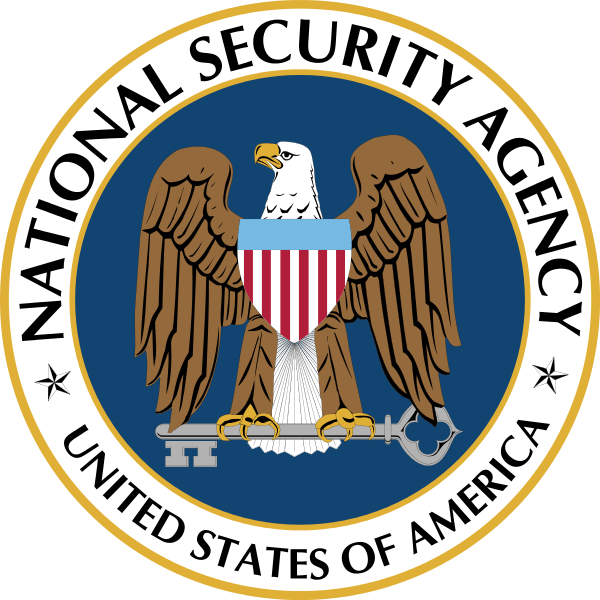December 23, 2013
Private: New Reports Urge Broad Surveillance Reform
Nicandro Iannacci

Last week’s release of a 300-plus page report by the President’s Review Group on Intelligence and Communications Technologies was only the latest bump on a long road of challenging news in recent weeks for the National Security Agency (NSA).
The esteemed panel of intelligence and legal experts – including Geoffrey R. Stone, former ACS Board Member and Co-Faculty Advisor to the ACS Student Chapter at the University of Chicago Law School – suggested “significant new limits” on intelligence activities as well as general principles to guide future reform.
All in all, 46 recommendations were offered, among them the private, non-governmental retention of all personal communications data, accessible only through individualized court orders approved by the Foreign Intelligence Surveillance Court (FISC); the first-ever appointment of a “public interest advocate” to argue on behalf of civil liberties and privacy concerns before the FISC, which currently has no adversarial process; the ceasing of “back door” access points in hardware or software; and the incorporation of privacy protections for non-U.S. citizens.
Also of note was the enumeration of guiding principles. For example, the panel endorsed a dual understanding of “security” – national security, on the one hand, and Fourth Amendment personal security on the other. The report also said the idea of “balancing” these two interests has “an important element of truth” but is “inadequate and misleading”:
[S]ome safeguards are not subject to balancing at all. In a free society, public officials should never engage in surveillance in order to punish their political enemies; to restrict freedom of speech or religion; to suppress legitimate criticism and dissent; to help their preferred companies or industries; to provide domestic companies with an unfair competitive advantage; or to benefit or burden members of groups defined in terms of religion, ethnicity, race, and gender.
The panel also endorsed a “broad principle for the future: as a general rule and without senior policy review, the government should not be permitted to collect and store mass, undigested, non-public personal information about US persons for the purpose of enabling future queries and data-mining for foreign intelligence purposes.”
“Clearly, this report speaks to what I’ve heard not just from people here but around the world: that they know that liberty and security are not mutually exclusive,” said Sen. Ron Wyden (D-Ore.). Anthony Romero, Executive Director of the American Civil Liberties Union, praised the report’s recommendations but publicly wondered about its implementation.
Just one week prior to the NSA report, the Brennan Center for Justice released its own report examining the landscape of local and state surveillance, finding across 16 localities a sea of “organized chaos” with inconsistent standards, minimal oversight and wasted federal resources. The Center’s recommendations echoed the president’s panel, calling for reform and unified policy applied to institutions of law enforcement.
“After 9/11, a thousand security ships sailed,” said Jim Harper, Director of Information Policy Studies at the Cato Institute, at an event hosted by Cato to discuss the report. “It’s time to call fusion centers and Joint Terrorism Task Forces (JTTFs) back into port, decommission them, and focus on things that actually, demonstrably work.” Michael German, Policy Counsel for the ACLU and a former FBI agent, emphasized that the issue should be of interest to all people, regardless of political persuasion, especially because current intelligence practices lead to an enormous waste of resources – at a time when half of all violent crime, including a third of murders and 60 percent of rapes, go unresolved.
Both the Review Group’s and the Brennan Center’s reports come just as a ruling by U.S. District Judge Richard J. Leon found the NSA’s metadata collection likely violates the Fourth Amendment. In an open letter to the U.S. government, technology giants such as Google and Microsoft have called for global surveillance reform.
Last month, ACS invited a panel of experts to discuss privacy challenges as they relate to the Constitution in a time of fast and frequent innovation.
Equality and Liberty, Executive Power, National Security and Civil Liberties, Surveillance and Privacy, Technology Law and Intellectual Property




